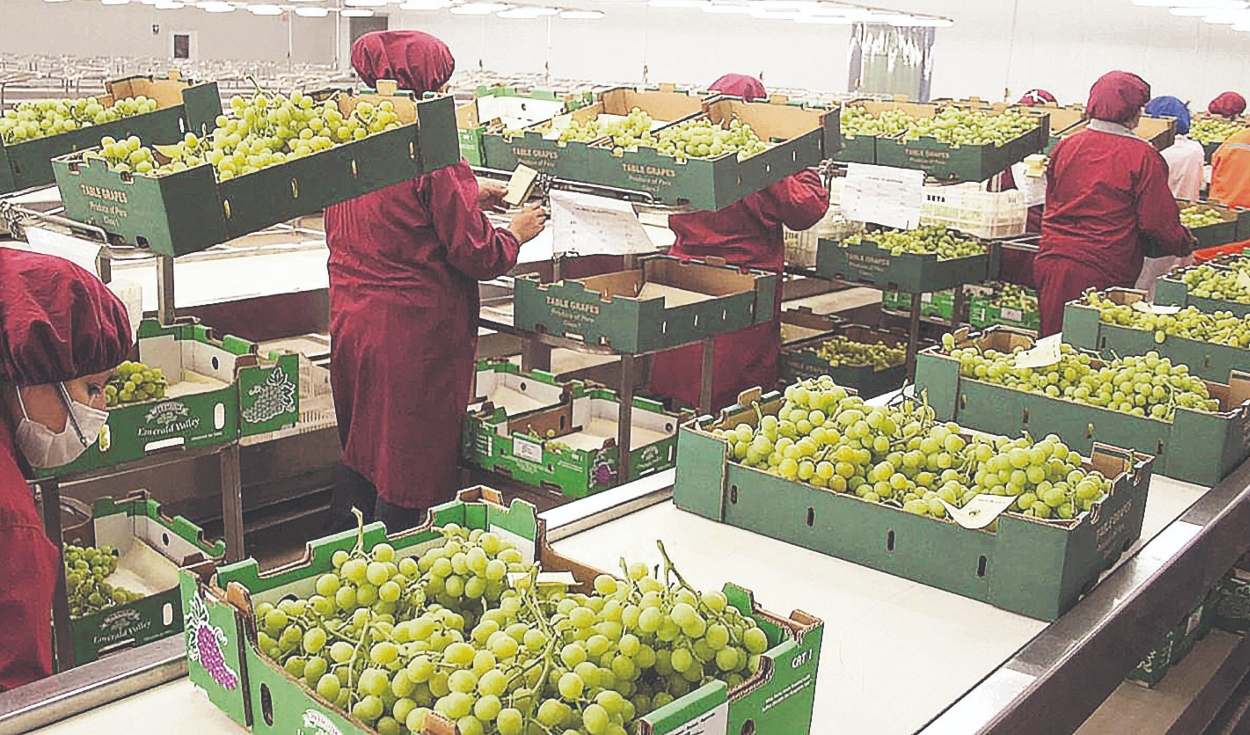
As Minister Ángel Manero had announced during the launch of the third edition of Agrofest 2024, organized by the Association of Agricultural Producers Guilds of Peru (AGAP), The Executive Branch will include the changes to the Agrarian Law in the request for legislative powers to Congress.
In a press conference, the head of Midagri said that this strategy will once again place Peru as one of the main agricultural suppliers in the global market.
“We want to announce with satisfaction that in the Minister council Today, a consensus has been reached about returning to the agro-export sector the promotional framework it had,” Minister Manero highlighted.
The changes in the Agrarian Law basically involve reducing the income tax (IR) paid by the industry in the sector to 15%, as it was before.
Gabriel Amaro, president of AGAP, stated for La República that The current 2020 law had “unpromoting” effects that affect competitiveness and reduce modern crop hectaresin addition to “reducing formal work.”
“Last year, US$10.18 billion more were exported than in 2022 due to improved prices for some products in some markets, but production fell 5%. Access to credit has also increased. One thing is export, and another is the margins that remain,” he highlighted.
Transgenic corn and cotton arrive in Peru
The request for legislative powers presented by the Executive It also includes a window to the existing moratorium until 2035 for the cultivation of living modified organisms (LMO), also known, in Peru, as transgenic.
This proposal has not been consulted with AGAP, and the union has not yet taken part in it. Midagri hopes to start with transgenic corn and cotton, but it does not rule out that, once the market opens, these plantations—normally cultivated by small farmers—may be of interest to the industry.
Midagri: The BETA Bonus will be respected
Midagri assured that it will not eliminate the Special Bonus for Agricultural Work (BETA), equivalent to 30% of the minimum vital remuneration (RMV).
As recalled, after the repeal of the old Agrarian Promotion Law, known as the Chlimper law, it was determined that agricultural companies whose net income exceeds S/8.8 million (1,700 UIT) had to pay 15% of the IR in 2021 and 2022, and then, progressively, pay 20% in 2023 and 2024.
Source: Larepublica
Alia is a professional author and journalist, working at 247 news agency. She writes on various topics from economy news to general interest pieces, providing readers with relevant and informative content. With years of experience, she brings a unique perspective and in-depth analysis to her work.












